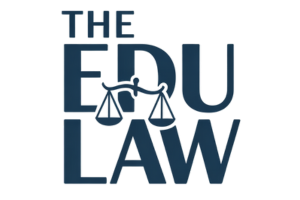Operation Level Up: How the FBI and Secret Service Identify Crypto Investment Fraud Victims
Operation Level Up is a federal initiative launched in early 2024 that allows U.S. law enforcement to identify people who are actively losing money in crypto investment scams and intervene before further losses occur. The program is led by the Federal Bureau of Investigation with operational and financial crime support from the United States Secret […]










